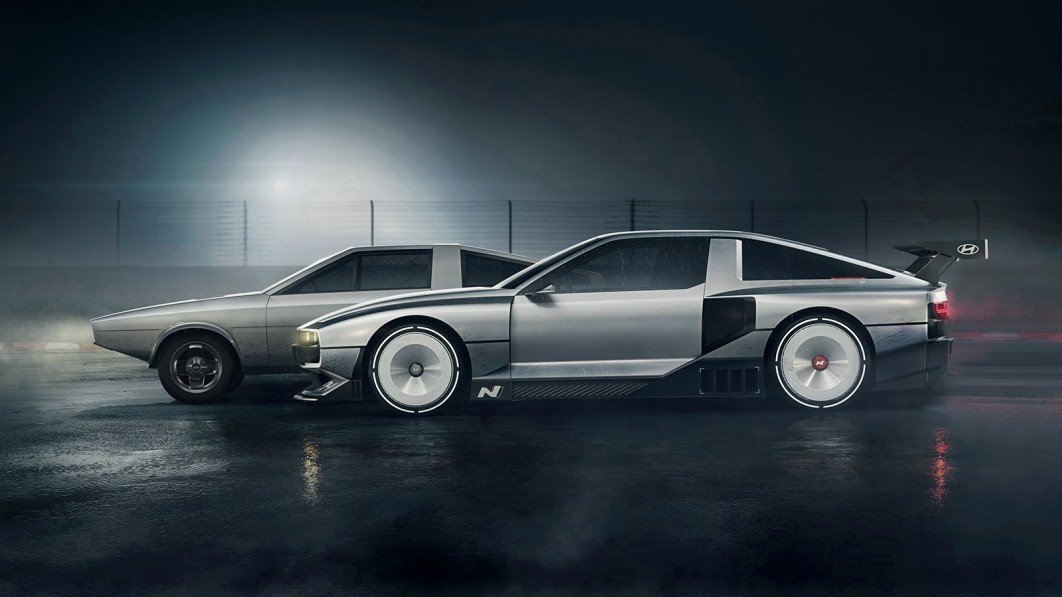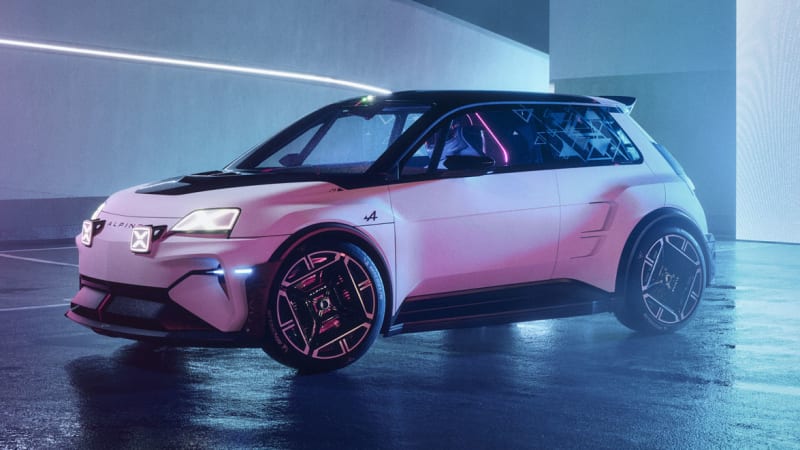NIO's models are finally close to being able to use semi-solid-state batteries, with the EV maker filing to add WeLion as a battery cell supplier in three models. |
NIO US
|
NIO HK
|
NIO SG

(Image credit: CnEVPost)
NIO's (NYSE: NIO) models are finally close to being able to use higher-capacity semi-solid-state batteries, according to the latest regulatory filing.
China's Ministry of Industry and Information Technology on May 9 released a catalog of the latest batch of models that will soon be allowed to be sold in China, as well as hundreds of vehicle companies' filings for vehicle specification changes for public comment.
The public can submit feedback between May 10 and May 16. Entry into these catalogs is a key regulatory process by which a model can be allowed to be sold or approved for specification changes in China.
NIO did not file for new models but did file for three models with an expansion of the specification information to add semi-solid-state batteries to the battery information.
The three models include two SUVs and one sedan, model numbers HFC6502ECSEV9-W, HFC6502ECSEV5-W, and HFC7002CSEV1-W, respectively.
The specification changes for all three models add the use of battery cells from Huzhou WeLion Technology Co Ltd. The assembly based on this cell is produced by a subsidiary of NIO in Nanjing.
The information does not mention solid-state batteries, but Huzhou WeLion is a wholly owned subsidiary of NIO's semi-solid-state battery supplier, Beijing WeLion New Energy Technology.
NIO announced the 150-kWh semi-solid-state battery when it unveiled its flagship sedan, the NIO ET7, at the NIO Day 2020 event on January 9, 2021, although deliveries have not yet begun.
On November 22, 2022, WeLion saw the first solid-state battery cell roll off the assembly line at its battery production facility in Huzhou, Zhejiang province, eastern China.
WeLion celebrated the occasion with a ceremony attended by NIO senior vice president Zeng Shuxiang and officials from Huzhou city, according to the company's press release at the time. Zeng is the CEO of XPT, NIO's electric drive division, and a director of WeLion.
WeLion started construction of its battery base in Huzhou in 2021 and completed construction of the plant and production line after a year, said Tian Qiyou, general manager of the company's Huzhou branch at the time.
The latest specification change filing shows that with WeLion's batteries, NIO's vehicles will weigh just 20 kg more than before.
NIO has not updated information about the battery in recent months. Its co-founder and president, Qin Lihong, said at a face-to-face event in Changzhou, Jiangsu province, on February 11 that NIO owners will be able to start experiencing the 150-kWh pack during this summer.
The pack will initially be available for rent only, with a buyout option available in the future, Qin said at the time.
NIO's 150-kWh battery pack costs as much as an ET5, president says
The post NIO files to use semi-solid-state batteries in its vehicles appeared first on CnEVPost.
For more articles, please visit CnEVPost.



 Unless you know exactly what you want and are willing to put money down and wait, it’s hard to find an electric vehicle in dealer stock to test-drive and buy. While anyone who’s shopped for a new EV in recent months knows that, the latest nationwide study of the electric vehicle shopping experience from the Sierra Club, out Monday...
Unless you know exactly what you want and are willing to put money down and wait, it’s hard to find an electric vehicle in dealer stock to test-drive and buy. While anyone who’s shopped for a new EV in recent months knows that, the latest nationwide study of the electric vehicle shopping experience from the Sierra Club, out Monday... 




